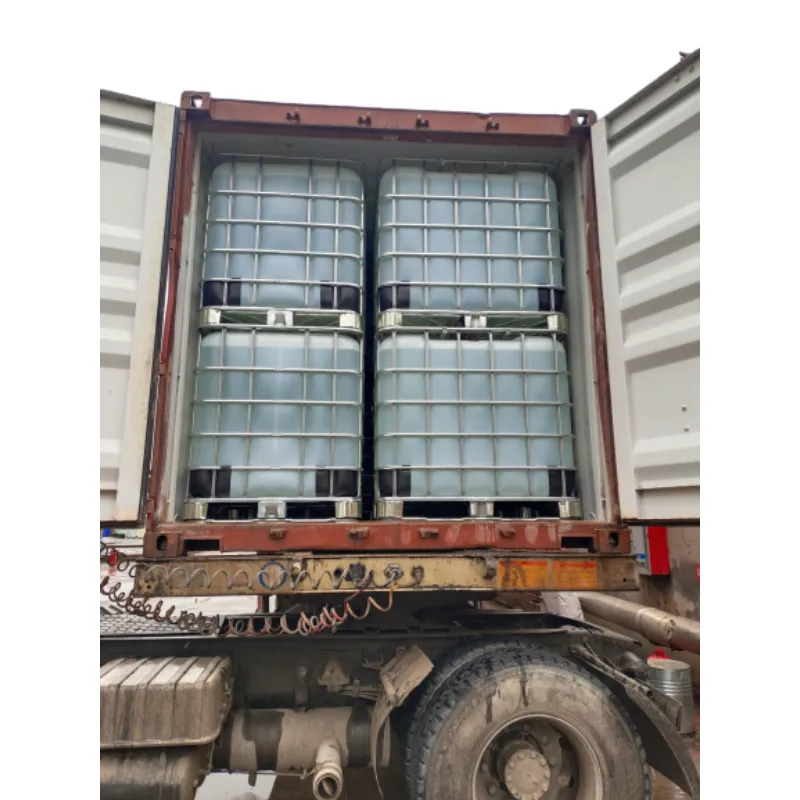
Exploring E127 Food Additive and Its Uses in the Culinary Industry
Understanding E127 Food Additive Uses, Safety, and Regulations
E127, also known as erythrosine, is a synthetic red food dye that is widely used in the food industry. It falls under the category of artificial colorants and is derived from the coal tar compound. E127 is primarily utilized to enhance the visual appeal of various food products, helping to create an enticing look that can influence consumer preferences.
Uses of E127
E127 is commonly found in a variety of food items, such as candies, baked goods, ice cream, and beverages. Its vibrant pinkish-red hue is effective in appealing to both children and adults, making it a popular choice for confectionery items. It can also be used in some savory products, although its primary applications revolve around sweets and drinks. In addition to food, erythrosine can be used in other products, including cosmetics and pharmaceuticals.
One notable application of E127 is in the formulation of maraschino cherries. The vivid color of these cherries is often what draws consumers to them, making erythrosine a key ingredient. Furthermore, it can be found in dairy products as a coloring agent, as well as in some meat products to enhance their appearance.
Safety Concerns and Health Implications
Despite its widespread use, the safety of E127 has been a topic of considerable debate. Various studies have investigated the potential health risks associated with consuming artificial colorants, including erythrosine. While many regulatory agencies, such as the European Food Safety Authority (EFSA) and the U.S. Food and Drug Administration (FDA), have deemed E127 safe for consumption within specified limits, concerns remain among some health advocates.
e127 food additive

One of the primary health concerns associated with E127 is its potential to cause allergic reactions in sensitive individuals. Symptoms can include skin rashes, itching, and gastrointestinal disturbances. Furthermore, some studies have suggested a possible link between artificial colorants and hyperactivity in children, though definitive conclusions remain elusive. As a result, consumers are encouraged to pay attention to their reactions after consuming products containing erythrosine and to seek alternatives if adverse effects occur.
The environmental impact of artificial colorants, including E127, is also being scrutinized. Chemical processes that produce synthetic dyes can contribute to pollution and environmental degradation. As consumers become more environmentally conscious, there is a growing demand for natural colorants derived from fruits, vegetables, and other plant materials.
Regulatory Status
E127 is subject to strict regulations in many countries. In the European Union, it is permitted for use in various food items, but its presence must be indicated on packaging. However, it is important to note that the concentration levels are regulated to ensure consumer safety. The acceptable daily intake (ADI) for E127, as established by EFSA, is set at 0.1 mg per kilogram of body weight. This means that for an average adult, the intake of erythrosine from food products should remain within this guideline to minimize potential health risks.
In contrast, certain countries, including Norway and Sweden, have banned the use of E127 due to health concerns. This highlights the varying attitudes toward artificial colorants across different regulatory frameworks and cultures. As consumer awareness regarding food additives continues to grow, it remains crucial for regulatory bodies to reassess and adapt their guidelines to ensure public health and safety.
Conclusion
E127, or erythrosine, serves as a vivid red food dye that enhances the appeal of many food products. While it is considered safe for consumption by most regulatory agencies, ongoing debates concerning allergens, hyperactivity in children, and environmental impacts highlight the importance of ongoing research and consumer awareness. As more people seek natural alternatives to artificial additives, the food industry may need to adapt by exploring new, safer options. Ultimately, understanding what is in our food and the implications of food additives like E127 can empower consumers to make informed choices aligned with their health and values.
-
Buy High-Quality Trichloroisocyanuric Acid for Sale | TCCA 90% SupplierNewsAug.30,2025
-
Pure Sodium Dichloroisocyanurate Dihydrate | Powerful DisinfectantNewsAug.29,2025
-
Industrial Chemicals: Quality & Purity for Every IndustryNewsAug.28,2025
-
Nitrile Rubber Honoring Strict Production StandardsNewsAug.22,2025
-
Aspartame Ingredients Honoring Food Safety ValuesNewsAug.22,2025
-
Fertilizer for Balanced Plant NutritionNewsAug.22,2025
-
Cyanide Gold Processing with High Purity AdditivesNewsAug.22,2025
Hebei Tenger Chemical Technology Co., Ltd. focuses on the chemical industry and is committed to the export service of chemical raw materials.
-

view more DiethanolisopropanolamineIn the ever-growing field of chemical solutions, diethanolisopropanolamine (DEIPA) stands out as a versatile and important compound. Due to its unique chemical structure and properties, DEIPA is of interest to various industries including construction, personal care, and agriculture. -

view more TriisopropanolamineTriisopropanolamine (TIPA) alkanol amine substance, is a kind of alcohol amine compound with amino and alcohol hydroxyl, and because of its molecules contains both amino and hydroxyl. -

view more Tetramethyl Thiuram DisulfideTetramethyl thiuram disulfide, also known as TMTD, is a white to light-yellow powder with a distinct sulfur-like odor. It is soluble in organic solvents such as benzene, acetone, and ethyl acetate, making it highly versatile for use in different formulations. TMTD is known for its excellent vulcanization acceleration properties, which makes it a key ingredient in the production of rubber products. Additionally, it acts as an effective fungicide and bactericide, making it valuable in agricultural applications. Its high purity and stability ensure consistent performance, making it a preferred choice for manufacturers across various industries.





